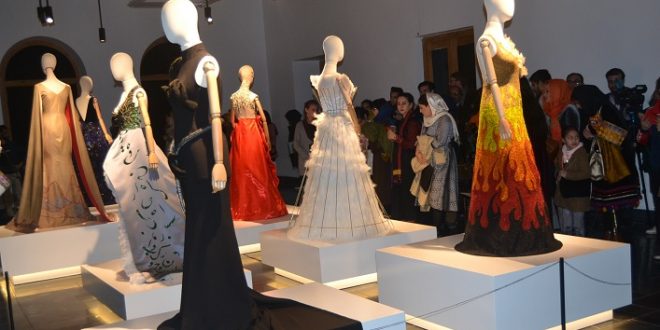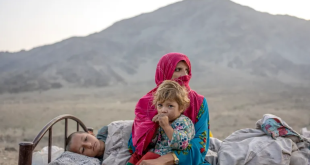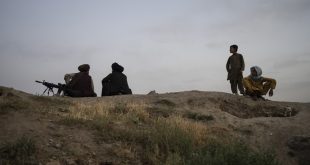By Mujeeb R. Awrang
KABUL: The Noble Women Foundation of Afghanistan has praised Afghan and foreign female activists for promoting women’s rights and playing constructive role in history, culture and civilization. In a ceremony on Sunday, Afghan women’s activists gathered together with two foreign female advocates to recognize those who have fought for women’s rights. “This foundation is aimed at changing the predominating narrative about the Afghan women and recognizing those who have been forgotten,” said Rada Akbar, the founder of the Noble Women Foundation. “Women lived under oppression under the tyrannical regime 20 years ago, but they never gave up the fight for their rights,” she said. Regarding activists who have received the praise, Akbar said two women from Iran and Pakistan have made it to the foundation’s list of noble women for their hard work in advocating women’s rights. “We have also included Rokhshana – who was stoned by the Taliban – in the list. Other women included are Parween Pajwok, Roya Sadaat, Shabanna Raziq and Habiba Popalzai,” she said. Akbar voiced frustration at a possible violation of women’s rights during peace negotiations with the Taliban, saying, “We have the right to worry about women’s gains over past two decades, so much as we are worried about our brothers and sisters who risk their lives to defend our rights and freedom.” Filmmaker Roya Sadat was recognized by the foundation as one of the trailblazing women advocates. She said women should have equal rights with men. “Women always stand for human rights and are the real defenders of equal and social rights,” she said. As the US and Taliban have recently sign a peace deal, which pave the ground for intra-Afghan-talks and a gradual reduction of US troops in Afghanistan, there are high concerns about violation of women rights and achievements gained during two decades. The Taliban- with whom the Afghan government is going to peace forge an agreement after 18years of war- in their back 1990s regime imposed sever restriction on women, in which women had not access to education and job. The militants then mostly treated women with less respect and freedom and put them at a side, where they were not allowed to make decisions regarding their destiny.
 Afghanistan Times
Afghanistan Times




